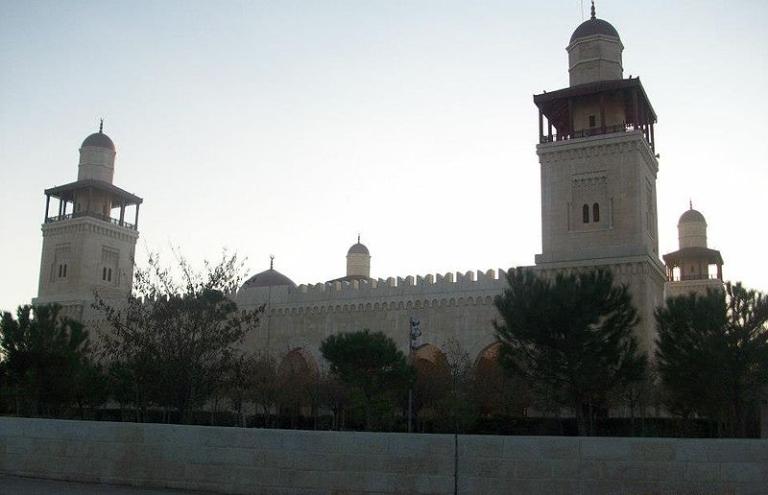
The West wasn’t always exactly helping:
The newcomer among the three political traditions that we are discussing here is the idea of the modern nation-state. It is a foreign idea, brought to the Middle East in the early twentieth century by British and French and, to a much lesser degree, Italian colonialists. This was a new concept to the Middle East, but it must be said that, although it seems natural to us in the West today, it is not so very old even in the West. As we have seen in our discussion of the Ottoman millet system, and in the discussion of “tribalism,” people in the Middle East have historically tended to give their loyalty to their religious affiliation, or to their kinship group or village or neighborhood (which was often pretty much the same thing). The ruler was distant and quite possibly foreign or of a different religious persuasion. One tolerated him, one obeyed him, but one was not necessarily loyal to him in any especially enthusiastic way.
When the French and the British found themselves in mandatory control of the Middle East after World War I, however, and following the breakup of the Ottoman Empire, they determined to restructure the Middle East in the only fashion that, by then, made any sense to them. They got out their maps and, based on what seems amazingly limited knowledge and understanding of the area, divided it into nation-states. The ethnic, linguistic, and religious realities of the region were by and large ignored, and the diplomatic and economic interests of the imperial powers were allowed to dictate how the region should be restructured. Modern Syria, Iraq, Jordan, Palestine, Lebanon, and the oil states of the Persian Gulf all owe their borders to this rather artificial and arbitrary process, undertaken not by the local populations but by interventionist Europeans claiming to act on their behalf. Neither the concept of a nation-state nor the various individual nation-states of the region grew naturally out of the soil of the Middle East; both concept and application were imposed from outside. (To this extent, Saddam Hussein’s accusation that the border between Kuwait and Iraq was artificial, and imposed by Western imperialists, was true.) Governments or states were established, from which a sense of nationhood was supposed to grow—a process directly counter to the usual one, in which governments grow out of a sense of nationhood. In some cases, this actually seems to have worked, at least to a degree. In others, notably Iraq and Lebanon, it has not.
Posted from Amman, Jordan











